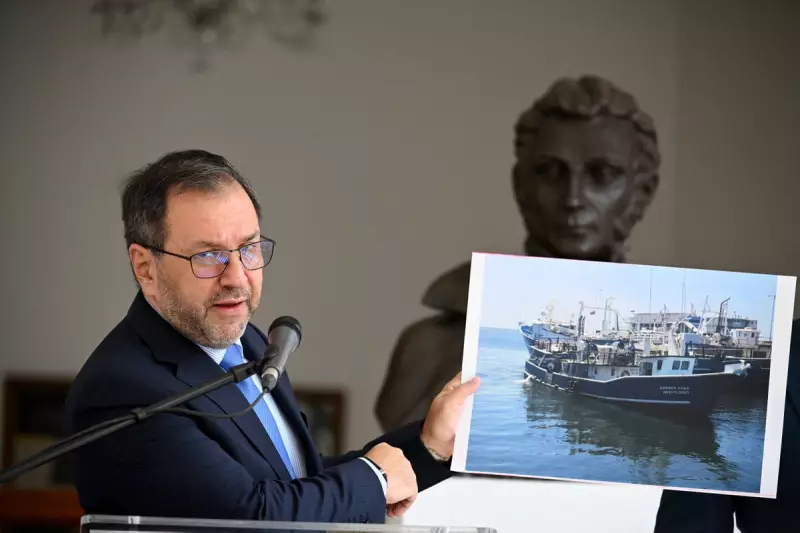
In a stunning revelation that sheds new light on the Trump administration's foreign policy deliberations, former President Donald Trump allegedly proposed a dramatic military solution to the Venezuela crisis. According to exclusive disclosures from his former Defence Secretary, Mark Esper, Trump repeatedly floated the idea of sending American forces into the South American nation to overthrow Nicolás Maduro's government.
The controversial discussions, which occurred during Trump's presidency, suggest a far more interventionist approach than previously understood by the public. Esper's account portrays a commander-in-chief willing to consider extreme measures to address what he viewed as a problematic regime in America's backyard.
The Oval Office Debates
Esper's memoir, titled "A Sacred Oath," provides unprecedented insight into the internal debates that shaped US policy toward Venezuela. The former Defence Secretary describes multiple occasions where Trump raised the possibility of military action, often catching advisors off guard with the boldness of his proposals.
These revelations come at a sensitive time for US-Venezuela relations, as the Biden administration seeks to balance pressure on Maduro with diplomatic engagement. The disclosure of Trump's alleged invasion considerations could complicate current efforts to stabilize the region.
Regional Implications and Reactions
The prospect of American military intervention in Venezuela would have represented a significant escalation in Washington's approach to Caracas. For years, the US has employed economic sanctions and diplomatic pressure rather than direct military confrontation to encourage political change in the oil-rich nation.
Regional experts suggest that such an operation would have likely provoked strong reactions from Venezuela's allies, including Russia and China, potentially creating an international crisis. The disclosure raises questions about the decision-making processes within the previous administration and how close the US came to embarking on another foreign military engagement.
As these revelations emerge, they contribute to the ongoing debate about America's role in promoting democratic values abroad and the appropriate tools for achieving foreign policy objectives. The account serves as a reminder of the profound consequences that can stem from private deliberations in the highest offices of power.





